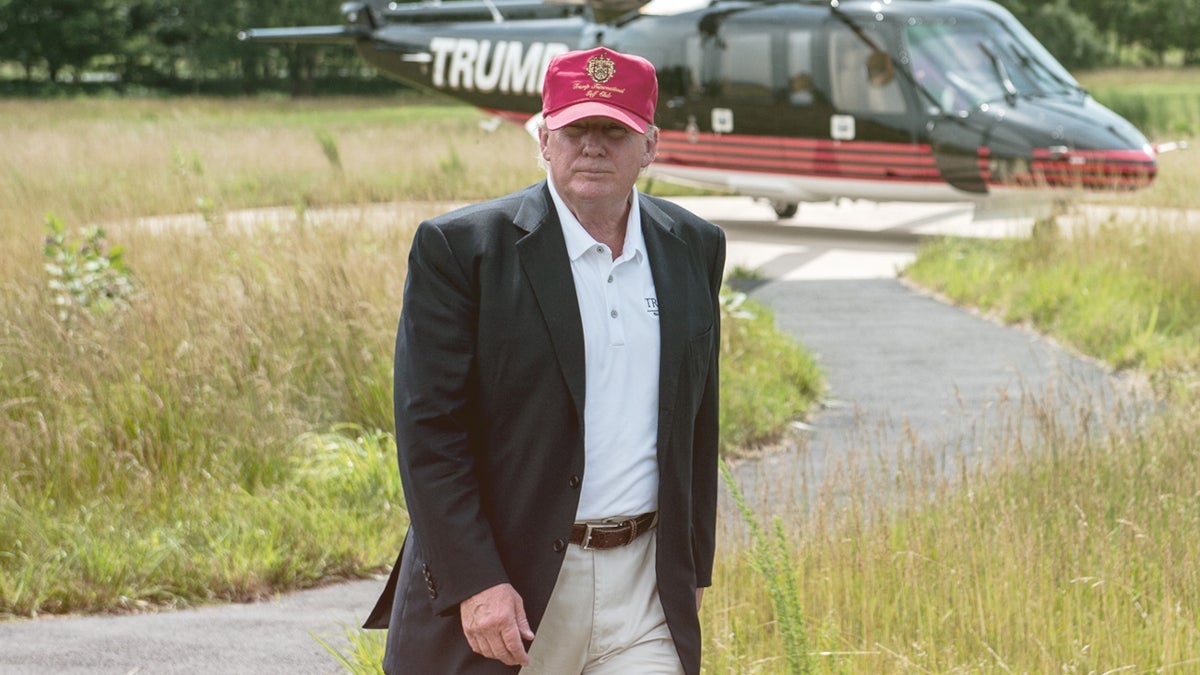On July 4th, President Donald Trump signed the “Big Beautiful Bill” into law, reinstating a crucial power to the FCC. This move gives the FCC the ability to conduct auctions once again, allowing the highest bidder to secure licenses for certain frequencies, a power it lost back in March 2023. Among the most significant auctions in recent years was the 2017 600MHz spectrum auction, where T-Mobile dominated. The carrier spent $7.99 billion to license 31MHz of the low-band spectrum, which amounted to 45% of the total available. 
T-Mobile later used this spectrum to roll out its nationwide 5G service.
At the time, T-Mobile’s success in 5G became evident, especially as the company used mid-band spectrum, particularly the 2.5GHz band acquired through the Sprint merger. Meanwhile, AT&T and Verizon focused on high-band mmWave spectrum, which they hoped would deliver ultra-fast 1Gbps data speeds for their 5G networks. However, they quickly realized that mmWave signals travel only short distances. T-Mobile’s advantage came from its use of mid-band frequencies, which, while not as fast as mmWave, offer broader coverage.
In 2021, both AT&T and Verizon invested over $68 billion in an FCC auction to secure C-band spectrum, which resides within the mid-band. A year later, T-Mobile spent over $304 million to expand its 2.5GHz holdings. However, despite winning the spectrum, T-Mobile was unable to operate the new airwaves as Congress had failed to extend the FCC’s auction authority, preventing the issuance of licenses. That issue was later resolved when President Joe Biden signed the 5G SALE Act in late 2023, granting T-Mobile the licenses for its 2.5GHz spectrum.
With Trump’s “Big Beautiful Bill,” the government must now make available 800MHz of spectrum in the range of 1.3 GHz to 10.5 GHz for future auctions. Airwaves between 3.1-3.45 GHz and 7.4-8.4 GHz will remain off-limits, as they are reserved for military use. Ajit Pai, former FCC Chairman during Trump’s first term and now the head of the CTIA trade organization, praised the bill, calling it a landmark for wireless innovation. He expressed gratitude to President Trump for his leadership, noting that the legislation will accelerate wireless technology and strengthen the U.S.’s global tech leadership.